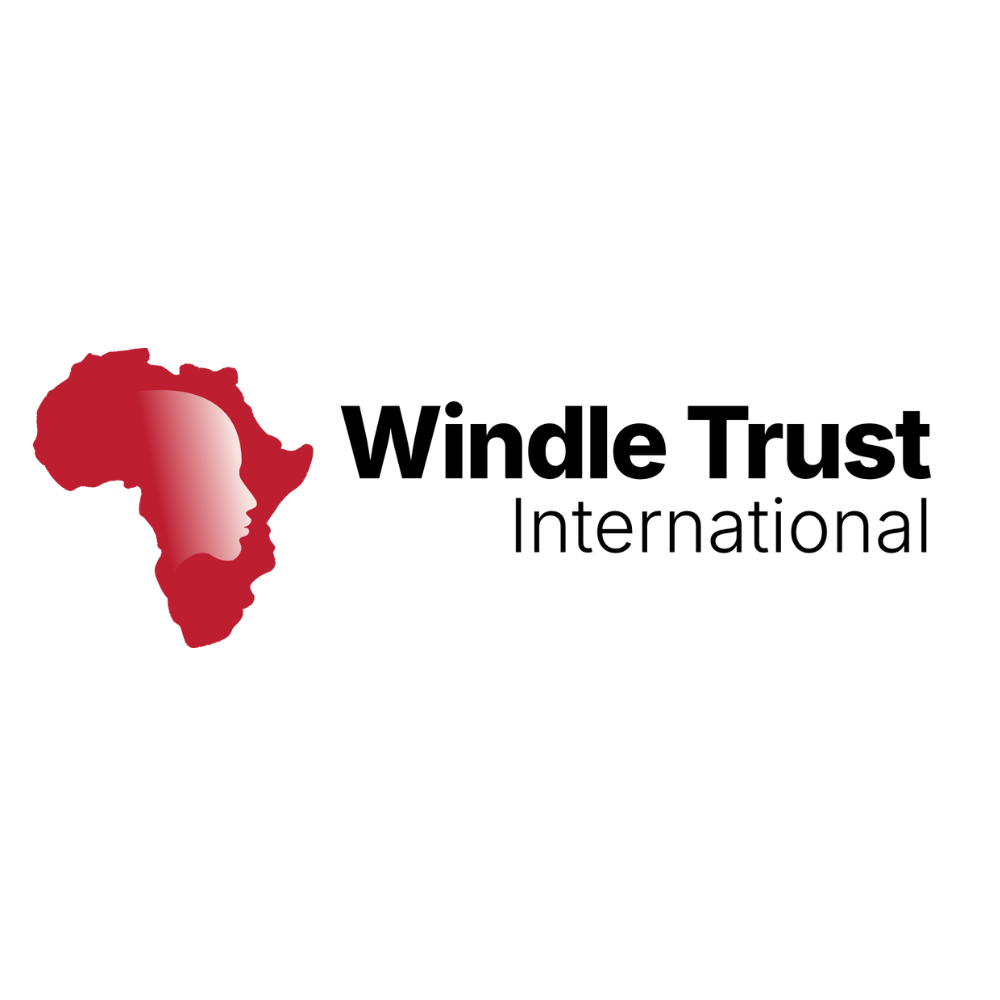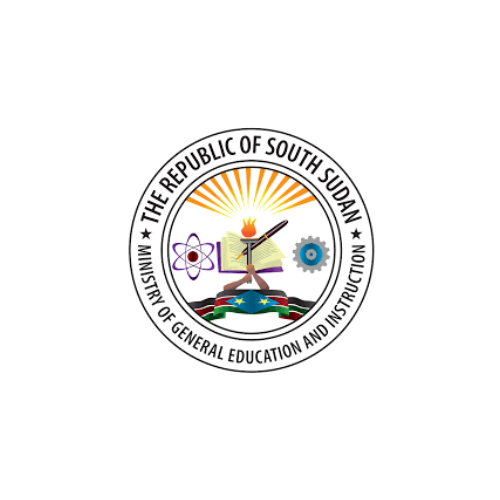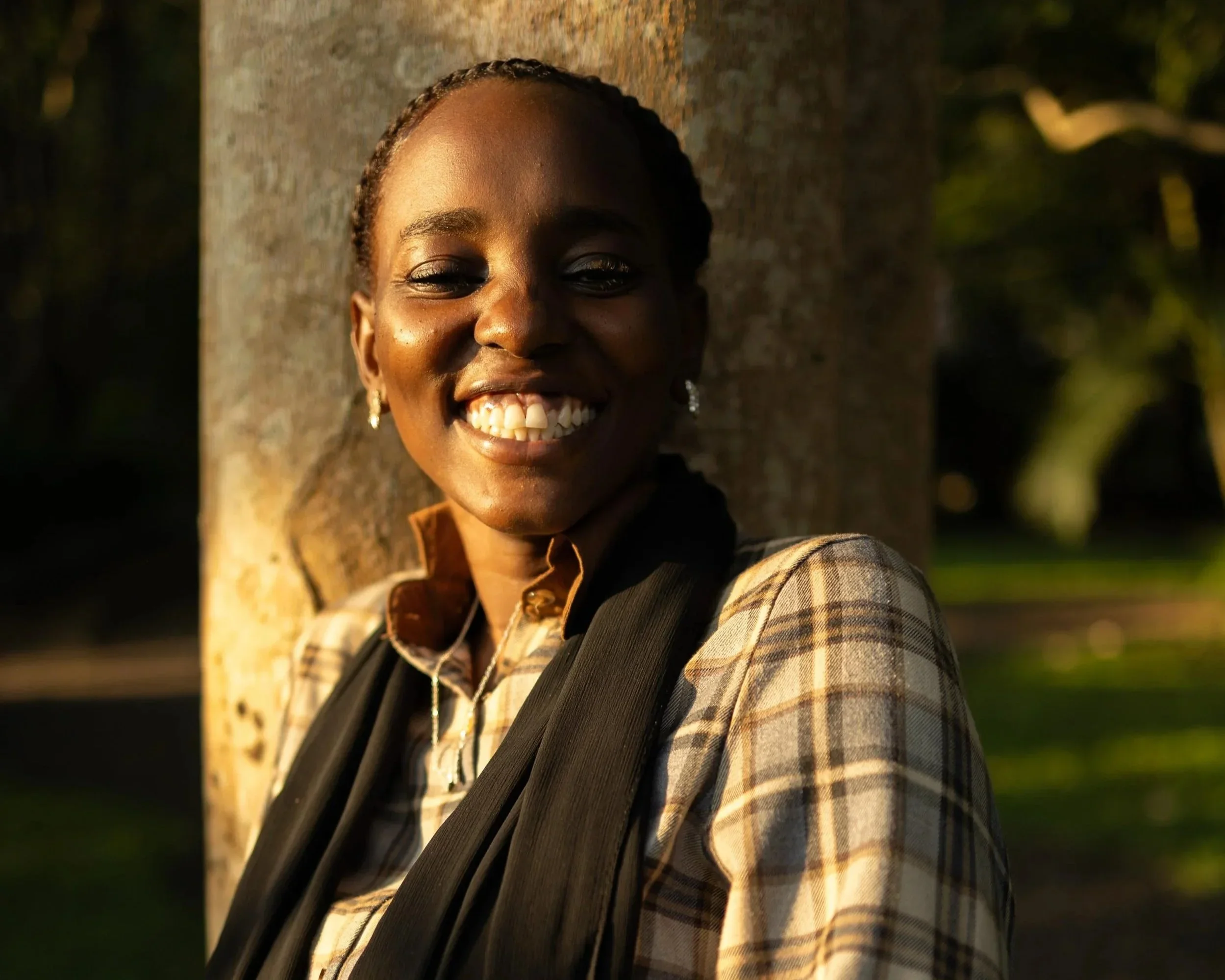Building Education Skills: Upskilling Teachers in South Sudan
Just 20% of South Sudan’s primary and secondary school teachers have any qualifications, according to the national Ministry for General Education and Instruction. Poor working conditions, coupled with low and irregular pay, have led many qualified teachers to seek jobs elsewhere. This, in turn, has forced schools to fill the void with volunteer teachers, many of whom never completed their own schooling.
About the project
This two-year, World Bank-funded project, Building Skills for Human Capital Development in South Sudan, will be delivered exclusively by Windle Trust International in partnership with the Ministry of General Education and Instruction (MOGEI). The goal is to upskill 5,000 teachers all across the nation with the skills they need, helping them attain their qualifications, improve their own level of education and consequently enhance the learning of their students. After the project finishes in 2027, it will be handed over directly to MOGEI, underscoring the success and versatility of our education programmes.
This project will:
Provide training for 5,000 teachers in refugee and IDP settlements, and to those who have dropped out, are marginalised or suffered conflict, across South Sudan’s 10 states and three administrative areas
Deliver the Accelerated Secondary Education Programme to 4,000 teachers so they can attain full qualifications
Deliver Intensive English-language training to 1,000 refugee teachers so they can better deliver the South Sudan curriculum to learners
Target a minimum of 35% females in order to increase the number of women teachers, thereby promoting gender equity
Through these efforts we aim to improve teachers’ capacities, enhance the learning of their students, and provide South Sudan’s Ministry of General Education and Instruction with a strong foundation from which they can continue to upskill the nation’s teachers.
How do our projects make a difference?
Projects like this contribute to increasing access to and the quality of education for conflict-affected communities in eastern Africa and the Horn of Africa. Find out how this makes a difference below:








